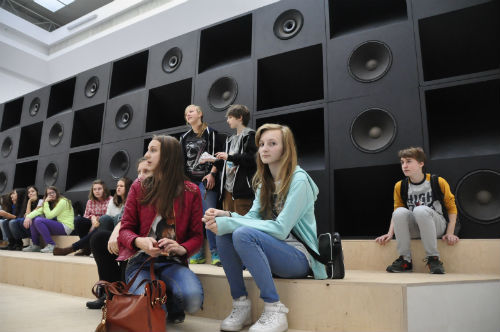
A recent report, Opening up Opportunities: Education Reforms in Poland by Maciej Jakubowski of the Evidence Institute, University of Warsaw, illustrates why Poland has one of the best education systems in Europe and why their reform practices are working.
Poland’s OECD PISA rankings moved from below to above the OECD average and is now close to the top-performing countries. Before 2000, Poland’s students had one of the lowest achievement levels in Europe. Notably, Poland is “one of the few European countries that achieved strong improvement of student improvement over the last decade.” The report notes the most significant reform practice was the 1999 extension of comprehensive education by one year. Support for pre-school education was expanded as well as the curriculum for vocational schools. Other reform tactics included reducing the size differences between secondary schools (secondary schools used to be the largest across OECD countries but are now the smallest), decentralization, increased school autonomy, professional development, and the introduction of national exams. The report cites yearly national exams, a new curriculum focused on learning results and a new data driven system of school evaluation as further strategies which fostered higher quality schools. While Polish adults still trail behind adults in the Czech Republic (CR) in terms of skills, the students in Poland are now ranking higher than those of Hungary, CR, and Slovakia. This indicates improvement to come for the adults in Poland, as well. Jakubowski’s report does not merely focus on Poland but also on how other countries can benefit from Poland’s example, and how Poland can also continue to improve. It is still not competitive with the top ranking OECD countries worldwide but it is certainly getting there.
Maciej Jakubowski currently works as a consultant for the Public Education Evaluation Commission in Saudi Arabia and as an assistant professor at the Faculty of Economic Sciences, Warsaw University. He served as an under-secretary of state (deputy minister) at the Polish Ministry of National Education between 2012 and 2014. He was responsible for the Ministry’s budget and school funding, international cooperation, research and building the long term education strategy. Maciej joins us today in The Global Search for Education.
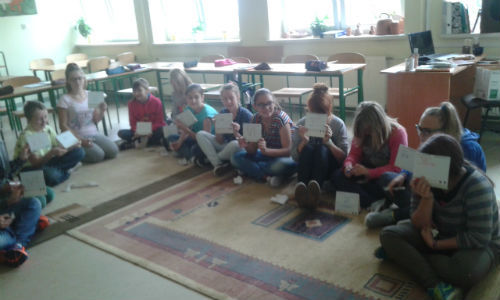
What can other countries do to follow Poland’s lead?
Every system needs to provide as many opportunities as possible for both students and teachers. Our reforms began when Poland still had a hierarchically managed system that provided only limited opportunities for many students. Over the years, we decentralized governance and finances, increased teacher autonomy and opened education paths for students. Now teachers enjoy freedom while they also have much more responsibility. Students know that their success depends solely on how hard they will be working. We empower teachers and students while at the same time we assess learning outcomes at all levels. The national examination system is based on standardized tests that are the same for all students in the country and play a crucial quality monitoring role.
Are we starting to see any changes now in Hungary, Czech Republic, and Slovakia?
These three countries have quite different systems, but they all select students into different programs very early. It seems to be very difficult to reform systems that provide the best opportunities for the most talented students. Elites are usually supporting selective systems as it was a key to their own success. People tend to focus on opportunities for the best while they don’t see how damaging it is for the rest of the students to see very early that the best opportunities are not for them. There is some discussion about abandoning or postponing early selection in these countries but I don’t think there is a political momentum for reforms like those implemented in 1999 in Poland. I hope the evidence we have now will help people understand that it is crucial to provide opportunities to all students as long as possible and abandon early selection.
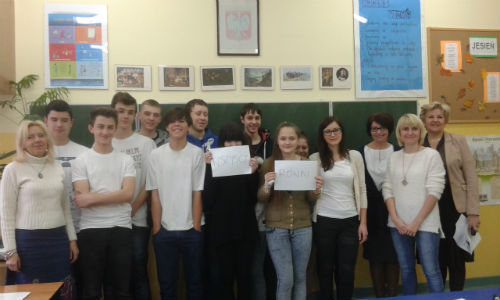
Where do you see Poland moving in the next several years?
We have modernized key elements of the school system and we already see good outcomes. For example, we introduced the new curriculum focused on learning outcomes. We have a new data-driven school evaluation system. We encourage teachers to create networks that will become part of professional development. These are all positive changes that will have to be fully implemented in the next years. However, the most important change in my view is the lowering of the compulsory school starting age from 7 to 6 and the increased support for preschool education. This year, all 6-year-olds will go to school, while preschool education is already free for 5-year-olds. Last year, government also started to heavily subsidize preschool education for 3- and 4-year-olds and we hope to reach 90% enrolment rate. We will see the benefits of a stronger start in the near future, but at the same time we need to re-think the content and structure of early education. We know, for example, that our youngest could perform better in mathematics but the way we teach it in the first grades is still unsatisfactory.
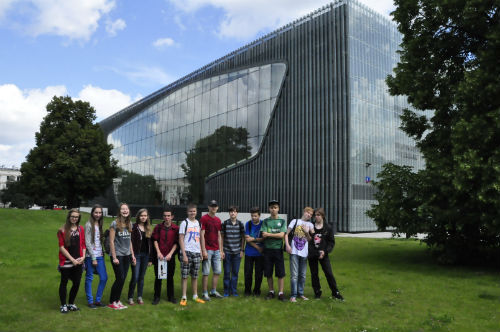
As I said, investing in early education is the key to further improvements. I believe that continuing modernization of assessments and school evaluation could further improve quality but it is necessary to strengthen their link with professional support systems. One remaining weakness of our schools is that our teachers tend to see students as a homogeneous group. Even if they see how varied are their talents, in most cases they still teach the whole group in the same way. We have to provide more support for the weakest students, while at the same time we need to better recognize different talents and find multiple ways to make them flourish within the comprehensive school system.

(All photos are courtesy of Maciej Jakubowski)
Join me and globally renowned thought leaders including Sir Michael Barber (UK), Dr. Michael Block (U.S.), Dr. Leon Botstein (U.S.), Professor Clay Christensen (U.S.), Dr. Linda Darling-Hammond (U.S.), Dr. MadhavChavan (India), Professor Michael Fullan (Canada), Professor Howard Gardner (U.S.), Professor Andy Hargreaves (U.S.), Professor Yvonne Hellman (The Netherlands), Professor Kristin Helstad (Norway), Jean Hendrickson (U.S.), Professor Rose Hipkins (New Zealand), Professor Cornelia Hoogland (Canada), Honourable Jeff Johnson (Canada), Mme. Chantal Kaufmann (Belgium), Dr. EijaKauppinen (Finland), State Secretary TapioKosunen (Finland), Professor Dominique Lafontaine (Belgium), Professor Hugh Lauder (UK), Lord Ken Macdonald (UK), Professor Geoff Masters (Australia), Professor Barry McGaw (Australia), Shiv Nadar (India), Professor R. Natarajan (India), Dr. Pak Tee Ng (Singapore), Dr. Denise Pope (US), Sridhar Rajagopalan (India), Dr. Diane Ravitch (U.S.), Richard Wilson Riley (U.S.), Sir Ken Robinson (UK), Professor Pasi Sahlberg (Finland), Professor Manabu Sato (Japan), Andreas Schleicher (PISA, OECD), Dr. Anthony Seldon (UK), Dr. David Shaffer (U.S.), Dr. Kirsten Sivesind (Norway), Chancellor Stephen Spahn (U.S.), Yves Theze (LyceeFrancais U.S.), Professor Charles Ungerleider (Canada), Professor Tony Wagner (U.S.), Sir David Watson (UK), Professor Dylan Wiliam (UK), Dr. Mark Wormald (UK), Professor Theo Wubbels (The Netherlands), Professor Michael Young (UK), and Professor Minxuan Zhang (China) as they explore the big picture education questions that all nations face today.
The Global Search for Education Community Page
C. M. Rubin is the author of two widely read online series for which she received a 2011 Upton Sinclair award, “The Global Search for Education” and “How Will We Read?” She is also the author of three bestselling books, including The Real Alice in Wonderland, is the publisher of CMRubinWorld, and is a Disruptor Foundation Fellow.
Follow C. M. Rubin on Twitter: www.twitter.com/@cmrubinworld



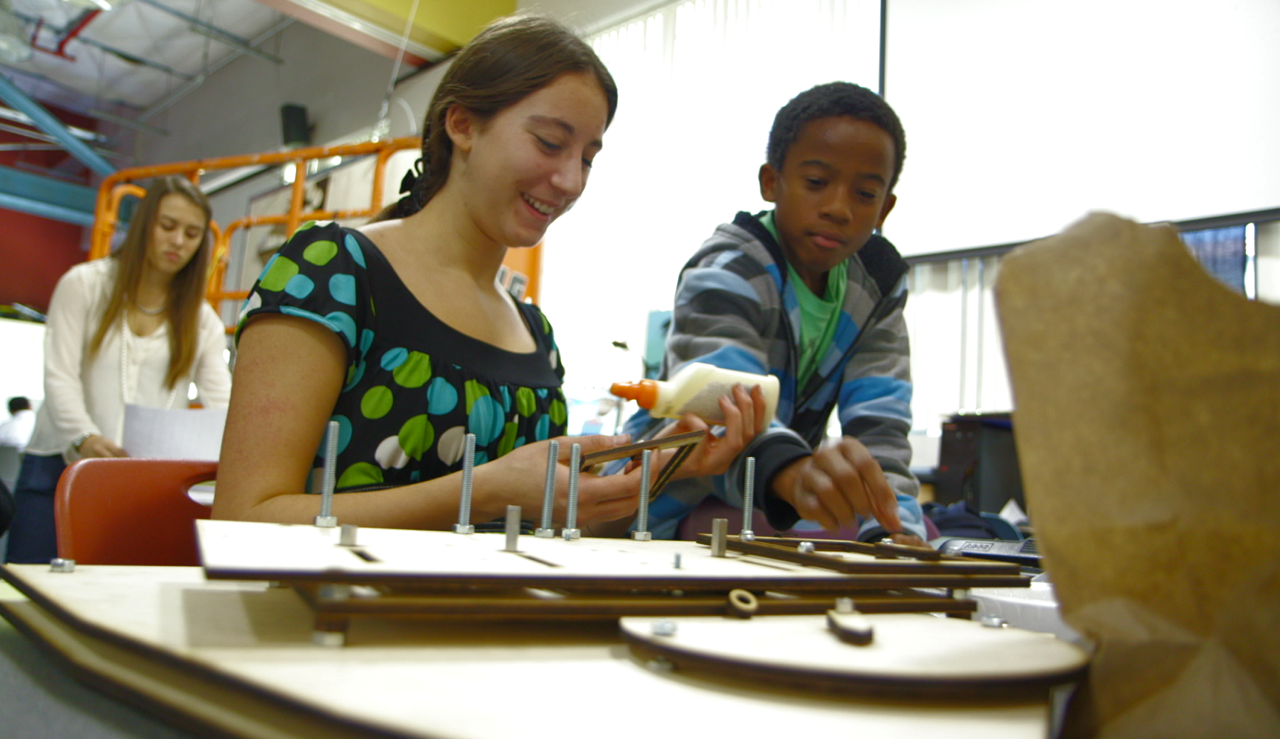
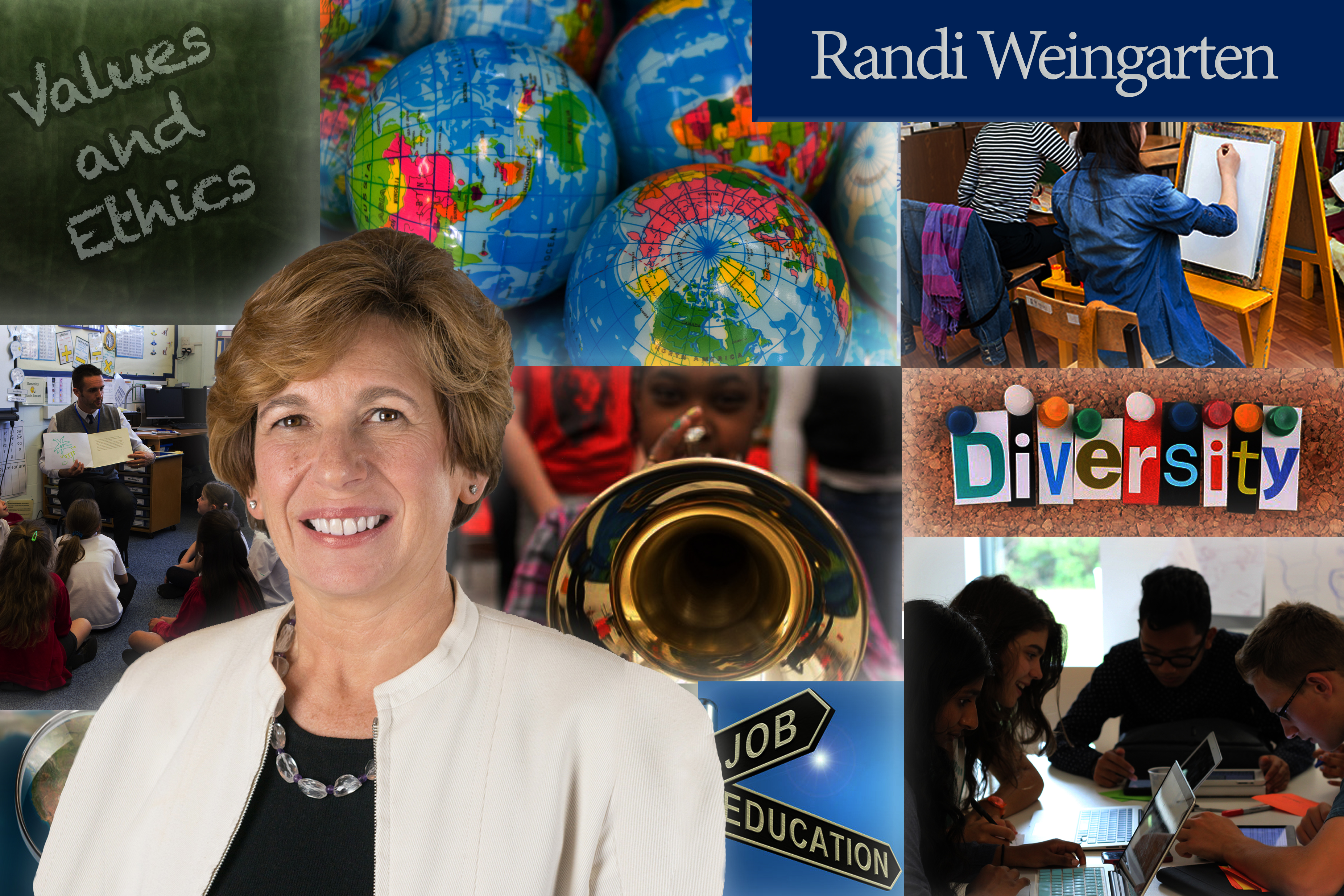
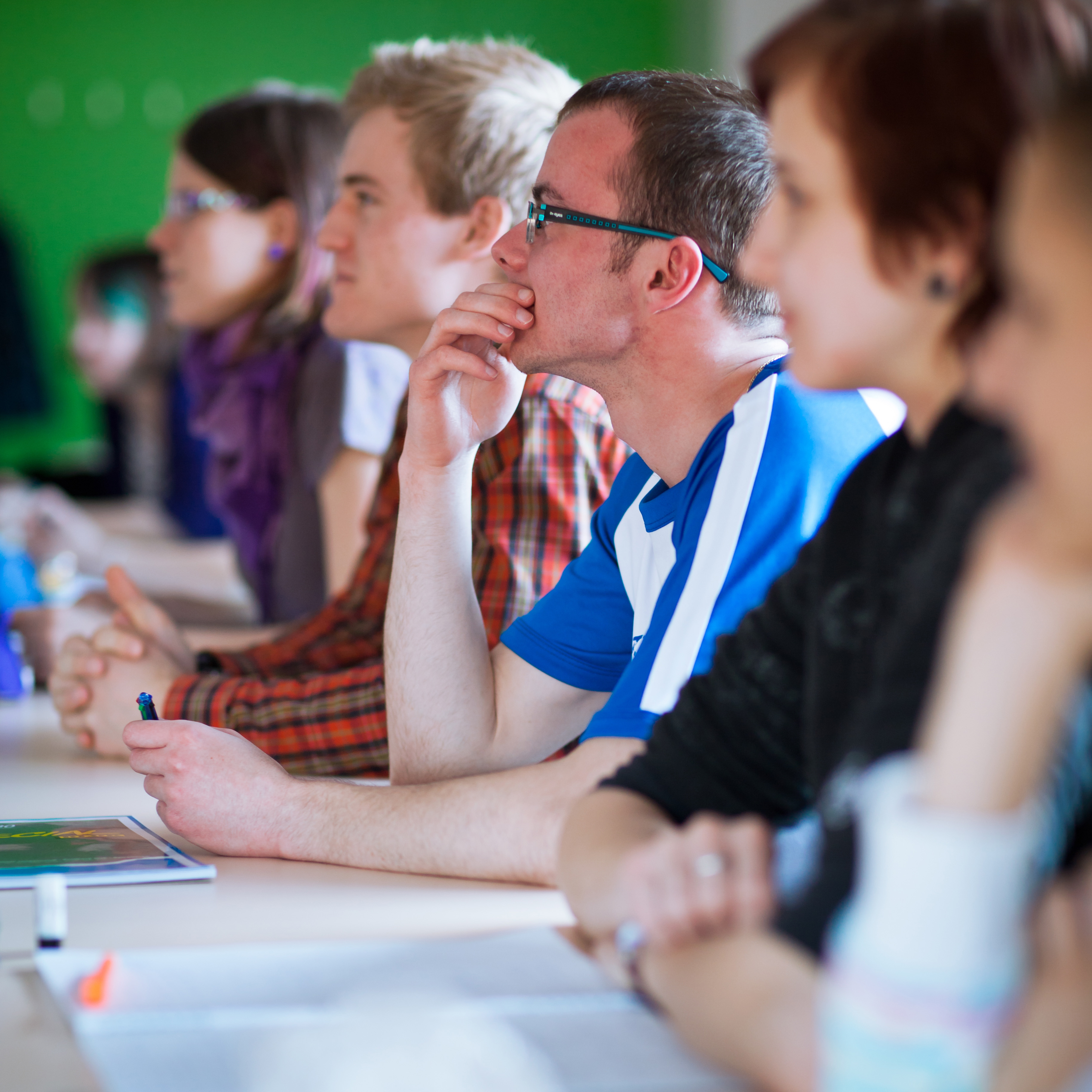
Recent Comments